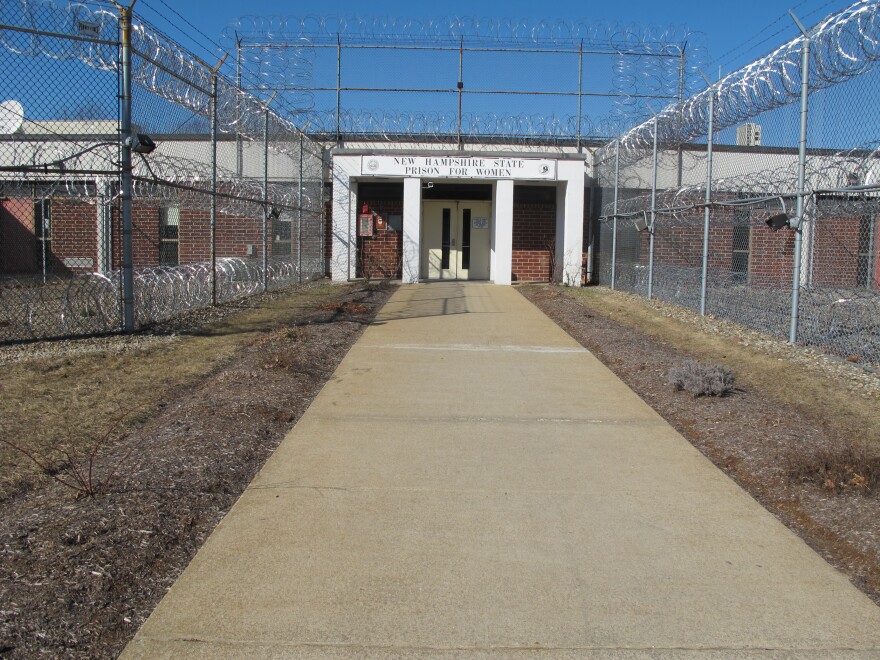New Hampshire's new $38 million prison – which is being built in Concord as I write this – may be too small.
The fact that the state’s prison population has been growing steadily is well known. What’s new is a striking increase in the number of female inmates in state prison over the last six months. It’s 13 percent higher compared to 2013. That’s roughly four times the rate of increase among male inmates.
Most of the growth is coming from the escalating rates of addiction. Two-thirds of additional inmates were convicted of drug crimes such as sales and possession. Many more were convicted of related crimes, like burglaries committed to feed an addiction.
That a drug epidemic is raging in New Hampshire is not news. Over the last 10 years, says Joe Harding, director of the state’s Bureau for Drugs and Alcohol, “the number of drug overdoses has more than quadrupled.” And the most dramatic increase has taken place just in the last three years – particularly with heroin.
David Kelly, who coordinates between law enforcement agencies in New England’s High Intensity Drug Trafficking Areas, says it makes sense that the Department of Corrections would be feeling the consequences. “Law enforcement is probably coming across heroin distributors and users and people in possession more frequently, and that results in increasing arrests, which results in increasing prosecutions.”
Twenty-eight year old Lindsay Nugent sees this stuff first hand. She started using and selling drugs when she was thirteen, and has been in and out of prison seven times in the last ten years. This time, she was convicted of “theft by unauthorized taking.”
“Back then,” Nugent says, “there were more people coming in for child abuse, assault charges, things like that. Now it’s more heroin, coke, trafficking drugs, sales of drugs.”
Now, she says, there’s nowhere to put people. Nugent has her own cell, on the prison’s wellness wing, where she gets substance abuse treatment. Other inmates, she says, have to sleep “on the tier,” where the phones and television is. There, the lights are on 24 hours a day, and inmates have to use the bathroom in other inmates’ cells.
Overcrowding was one reason the state decided to build a new women’s prison, and set aside $38 million to do it. The fact that prison may be at capacity the day it opens was not something lawmakers anticipated.
Nevertheless, at the end of November there were 223 female inmates housed around the state.
The new prison is designed for 224.
Assistant Corrections Commissioner Helen Hanks warns that six months of data is not enough to act on. For now, she says, “we’re trying to be a better community liaison with mental health centers, and using things such as drug courts and other opportunities.” Hanks says that includes substance abuse services that may become available through Medicaid expansion.
If interventions aren’t effective, however, the Department could end up having to put another building on the state prison grounds in Concord. Hanks says there’s land for set aside for that. On the other hand, setting aside the money may be a different story.







